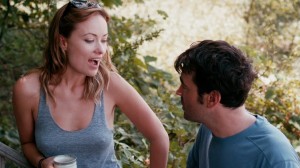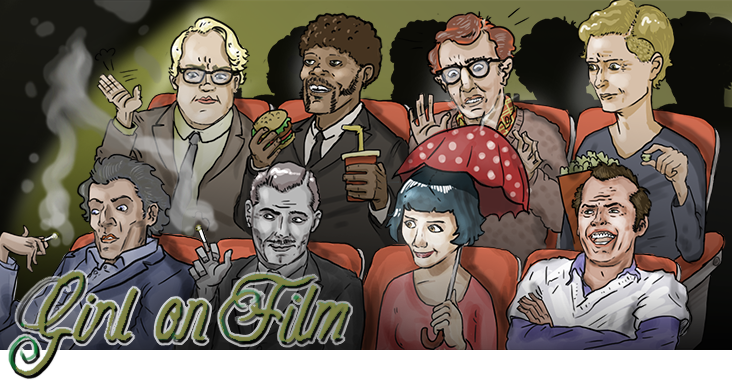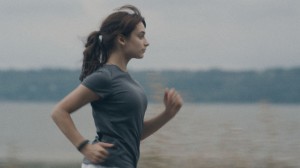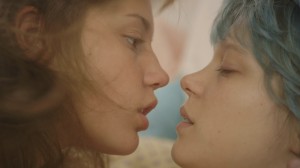
Drinking Buddies is a prime example of entertaining, indie mumble-core. It’s a comedy and sort-of love web (but it’s no rom-com) which focuses on a group of friends who work in a Chicago brewery. The men handle the practical stuff whilst the only female employee – laddy and easy going Kate, (Olivia Wilde) – sorts out the PR side. After work the group retire to a bar, play pool and get drunk. Colleagues Kate and Luke (Jake Johnson) have a natural connection but are involved with other people; he is engaged to fun-loving Special Needs teacher Jill (Anna Kendrik) and Kate is plodding along in a lukewarm relationship with music producer Chris (Ron Livingston). It’s easy to become immersed in the will-they-won’t-they wonderment; the characters are easy to care about. We could watch them all day.
The two couples leave on a short break and sparks fly where they shouldn’t. Drinking Buddies really is very similar to Lynn Shelton’s comedy-drama Your Sister’s Sister. Both films contain no frills, quality character interaction in a small space – namely a remote cabin – although the latter is slightly more serious and drama-heavy. The nature of this genre is that the naturalistic chit-chatter overshadows the plot, which can be a great thing. Drinking Buddies is funny, although not from jokes or try-hard gags, just from the characters connecting and having fun. There’s something warming about watching laughter that seems completely genuine. This approach relies on effective performances, and the leads in this film pull it off well. If only there could be more films like this; films that entertain rather than challenge yet remain intelligently, acutely observed. Drinking Buddies will certainly fill the little-mumblecore-gem shaped hole in your life.
This review comes from a screening at the 57th BFI London Film Festival 2013 (LFF 2013).


